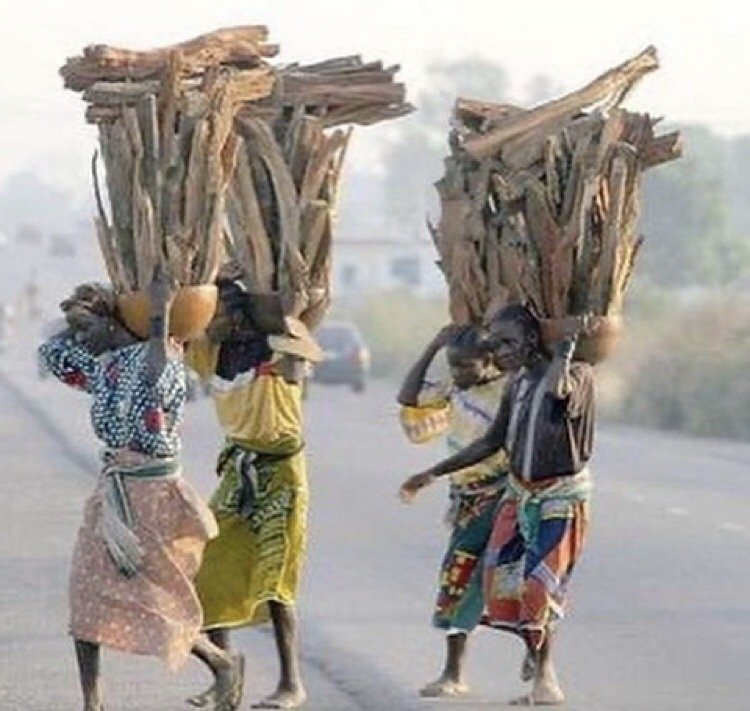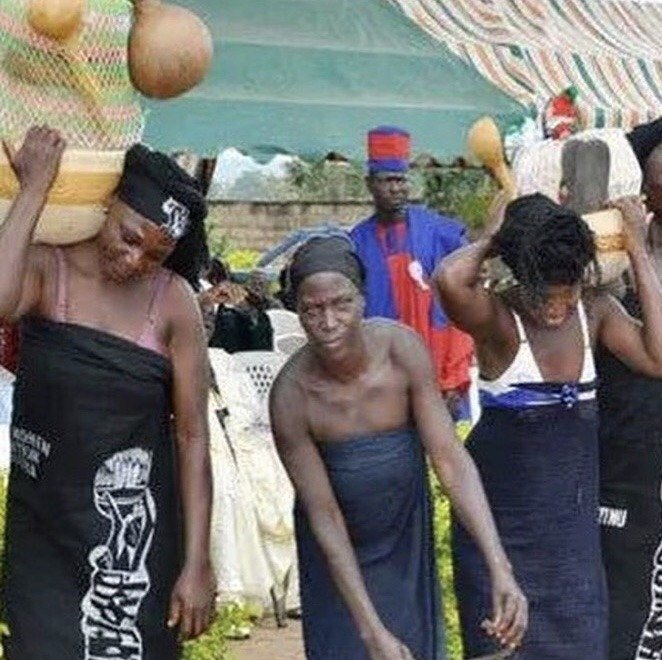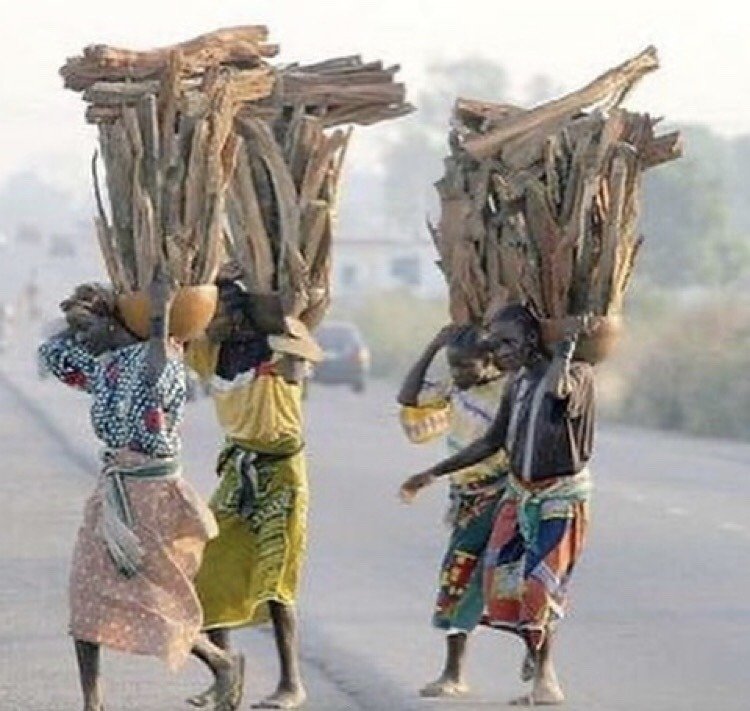
Somewhere deep in the obscure lands of Abuja, Nigeria’s Federal Capital Territory, are the indigenous people of Gbagyi or Gwari, who were the original settlers in the town before it was even carved out to be the seat of power.
Gbagyi or Gwari are peaceful, agriculturalist, artistic and Nupe-speaking people living in North-Central geopolitical zone of Nigeria. They predominantly live in the Niger, Kaduna, Nasarawa, Kogi States and the Federal Capital Territory.
The first settler was a hunter who went to hunt in Paikokun land, a thick forest in Abuja. Paikokun was the name of the mountain where the first settler inhabited.
How to spot Gbagyi:
Very unique to the Gbagyi women is the placing of goods however heavy on their shoulder. They believe the head represents the king of the entire body, hence, it should not be disturbed. They call the part of their body they place their goods as Bwapa. They also believe the load feel lighter on their shoulders than on their heads. It is very much still in practice till date.
Marriage:
Marriage among the people of Gbagyi is soaked in deep tradition. When a man announces his interest in a woman, he would have to serve 7 years in the bride’s father’s farm, labouring and supplying grains and other produce to the bride’s house in order for her to be well fed.

Religion:
In their traditional religion, some Gbayi believe in a god called Shekwoi, the one who was there before their ancestors, but they also devote themselves to appeasing deities of the god such as Maigiro.
Indigenously, their main religion is Knunu, which they believe protects them from the evil that exist in the community.
Clothing:
The Gbagyi people wear tie and dye clothing known as Ajeside, made from local cotton and traditional woven and dyed.
Occupation:
The Gbagyi people are mostly farmers although they are also good in wood fetching, pottery, and blacksmith.



